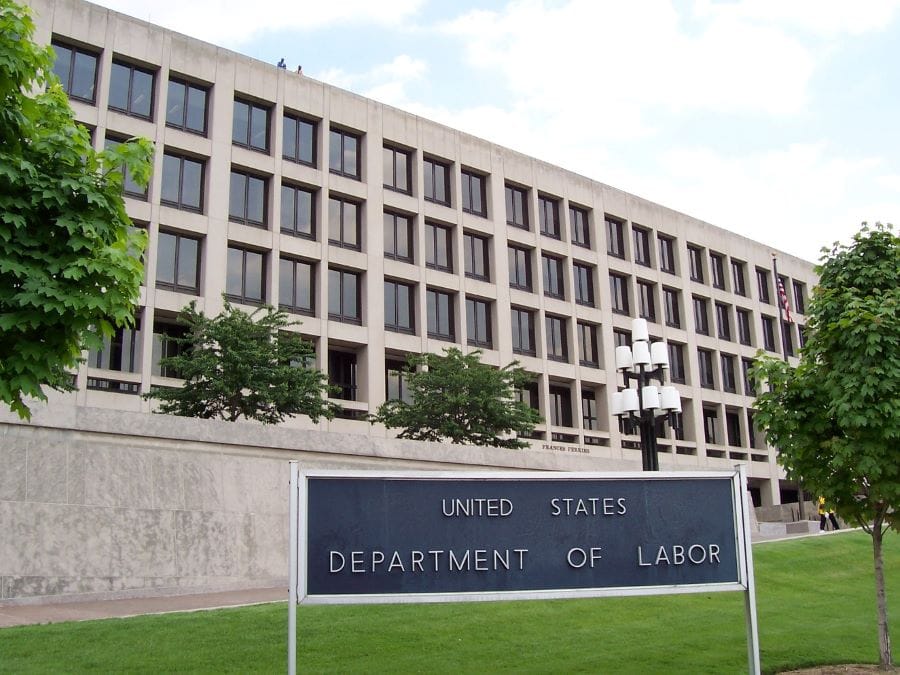DOL's New Salary Threshold is Effective on July 1 Absent Successful Legal Challenge

Unless a pending legal challenge succeeds, beginning July 1, 2024, U.S. employers must pay their salaried employees at least $844 per week ($43,888 per year) in order to exempt them from overtime pay under the Fair Labor Standards Act. The Department of Labor's new rule is a significant increase over the current threshold of $35,568 per year. Moreover, the rule raises the threshold to $58,656 per year on January 1, 2025, just 6 months later.
The legal challenge
A similar rule proposed by the Obama Administration was overturned by a U.S. District Court in Texas in 2017. However, a Trump-era DOL regulation raising the threshold to its current level was not overturned and remains in effect today, although these is a still an ongoing challenge presently before an appellate court. The present regulation is being opposed by a group of businesses who, not surprisingly, filed their lawsuit in the same Texas Court that bounced the Obama regulation. The Compliant (attached below) asserts that:
Countless employer members of the Plaintiff associations - across many industries, job categories, and geographic areas - will suffer irreparable harm from the loss of their employees’ previously exempt status under the 2024 Rule. The costs of compliance will force many smaller employers and non-profits operating on fixed budgets to cut critical programming, staffing, and services to the public. Many employers will lose the ability to effectively and flexibly manage their workforces upon losing the exemption for frontline executives, administrators, and professionals. Millions of employees across the country will have to be reclassified from salaried to hourly workers, resulting in restricted work hours that will deny them opportunities for advancement and hinder their job performance—to the detriment of their employers, their customers, and their own careers. Finally, the inclusion of the unlawful escalator provision will exacerbate the harmful impact on businesses, both large and small, and will add to the rampant inflation that is already harming the economy as a whole.
The lawsuit was brought somewhat late in the game. The regulation was under consideration for months before its publication date on April 23, although the two-part rollout was not part of the original proposal. Unlike the FTC's clearly unlawful (so I say) ban on noncompete agreements, this one is hard to predict. It is conceivable that the first level increase could pass legal muster, which is likely why the DOL decided to break the increase into two parts.
Next steps
It is time for employers to start working on contingency plans in case the regulation becomes effective on July 1. For firms that pay salary or draw plus commission, this may mean giving raises and adjusting commission rates. Changing exempt employees to hourly employees, especially where commissions are involved, can be problematic and impractical. The irony here is that most salaried employees like being paid that way, and do not want to become hourly "on the clock" workers, even if that entitles them to overtime pay.


Member discussion